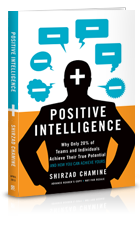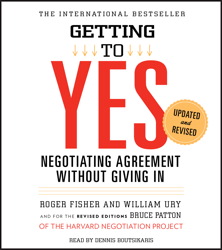 |
Positive Intelligence: This was a book that we were supposed to read for work. It’s an interesting perspective, trying to remove unproductive judges from our perspective.PQ (Positive Intelligence) is the ability to understand our emotions and when we are using the ultimate saboteur to persuade our decisions. If we can remove them from the decision making process, we make more sound decisions. And we can live to be more positive people. Here’s the approach:
It’s up to us to remove judgement from our lives to ensure we think clearly. Activate the sage to better deal with judgment: The 5 powers of the Sage are Exploring, Empathising with yourself and others, Innovating and creating new perspectives, Navigating the best paths andActivating which involves taking decisive actions. These five powers essentially translate into greater creative thinking, problem solving and empathy for people. What’s most important is to be present. And to do this to gain presence: – Wiggle your toes They recommend doing about 100 PQ reps per day to strengthen this muscle. I also thought one story was pretty great. Shirzad was in the midst of getting his degree at an Ivy league school. In his first year, he felt very confused and unworthy of being there. He then decided to write a letter describing this, which ended up becoming a hallmark moment. Everyone thought similar to himself. No one felt comfortable, which in turn made them feel unworthy. The judge had guided him wrong to think he shouldn’t be in the accepted pool of Ivy league students. He stuck it out, and that letter is still passed today to freshman as a gift to show empathy. It shows the connection that we all go through this, and the judge is talking us down to not be the great person we can be. Below are the assisting negative sabateurs with the judge leading the way:
|
 |
Smart Love: I was interested in finding a book about the best way of parenting. And this seemed like an interesting concept. Overall approach:
|
 |
The Art of Happiness Who knows any better on being happy than the Dalai Lama. Here’s what stuck with me:
|
 |
Getting to Yes This is an old, but informative book on how to negotiate better on a daily basis. Here’s what I was able to pull away from this:
|
